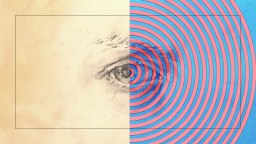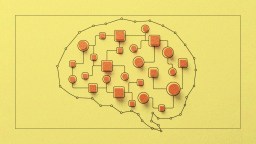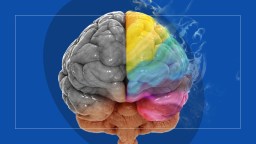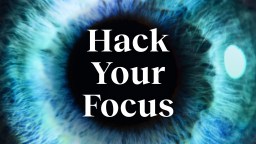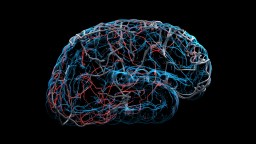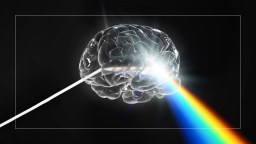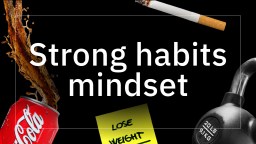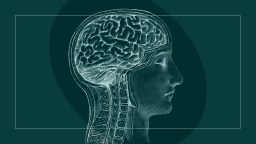brain
What is perception, really? Philosopher Alva Noë on why perception is a puzzling phenomenon:
▸
3 min
—
with
One dose of ibogaine was shown to dramatically reduce depression and PTSD.
Acclaimed psychiatrist Bessel van der Kolk, author of “The Body Keeps The Score,” discusses the widespread existence of trauma and how it settles in our bodies.
▸
with
Combining years of neurological research and mindfulness techniques, Dr. Heather Berlin helps us better understand how the body’s most complex organ can easily be misled into negative thinking – and how we can stop that from happening.
▸
with
The best orgasms come when you learn how to unlock a sexual “flow state.” Emily Nagoski, a sex educator, shares a meditation to help you get started.
▸
11 min
—
with
Plato and Carl Sagan were wrong about the human brain, says a top neuroscientist.
▸
7 min
—
with
Poker pro Maria Konnikova on how to recognize which details matter and master the science of deduction.
▸
5 min
—
with
Neuroscientist Robert Sapolsky on the science of temptation, and the limitations of your brain’s frontal cortex.
▸
6 min
—
with
From 260-year-old ciphers to the most recent Zodiac Killer solution, these unbreakable codes just needed time.
Humans tend to hunker down in our own minds and trust what we already believe to be true. This emotion-based way of thought isn’t often the best way to think about anything, and often leads to gridlock.
▸
with
A neuroscientist explains how to master your focus.
▸
7 min
—
with
Where do you place precious brain resources?
▸
6 min
—
with
Only 2% of Alzheimer’s is 100% genetic. The rest is up to your daily habits.
▸
9 min
—
with
Branding isn’t buzz — we’ve been doing it for thousands of years.
▸
6 min
—
with
There are two kinds of suffering. One is pure pain. The other makes life worth living.
▸
6 min
—
with
Nikolaas Tinbergen’s concept of “supernormal stimulus” explains why humans are attracted to a heightened version of reality.
Almost all our school improvements fail. Here’s why.
▸
with
You can learn things 250% faster by unlocking your ‘flow state.’
▸
6 min
—
with
The US reduced smoking rates from 50% to 15% with a simple habit hack.
▸
4 min
—
with
Practice doesn’t actually make perfect. Here’s the willpower equation necessary for elite athletes and musicians.
▸
4 min
—
with
How to unlock your brain’s natural antidepressants.
▸
4 min
—
with
There’s a psychological reason you haven’t created healthier habits in your life.
▸
with
Half our day is spent not living in the moment. Here’s how to change that.
▸
7 min
—
with
Habit-forming rituals are subconsciously controlling your life. Here’s how to master them.
▸
with
Experiences that put you in a state of flow are shown to override PTSD and heartbreak.
▸
with
Why are we here? What is everything made of? This theoretical physicist says science isn’t the right way to answer these questions.
▸
6 min
—
with
A psychiatrist studied 1,000 near-death experiences. Here’s what he discovered.
▸
with
Scientology, QAnon, and Heaven’s Gate: why do we seek healing from cults?
▸
with
Are sex, drugs and rock ‘n’ roll actually good for you?
▸
8 min
—
with
Arguments on social media are notorious. Can practicing intellectual humility make us smarter and happier? Science says yes.
